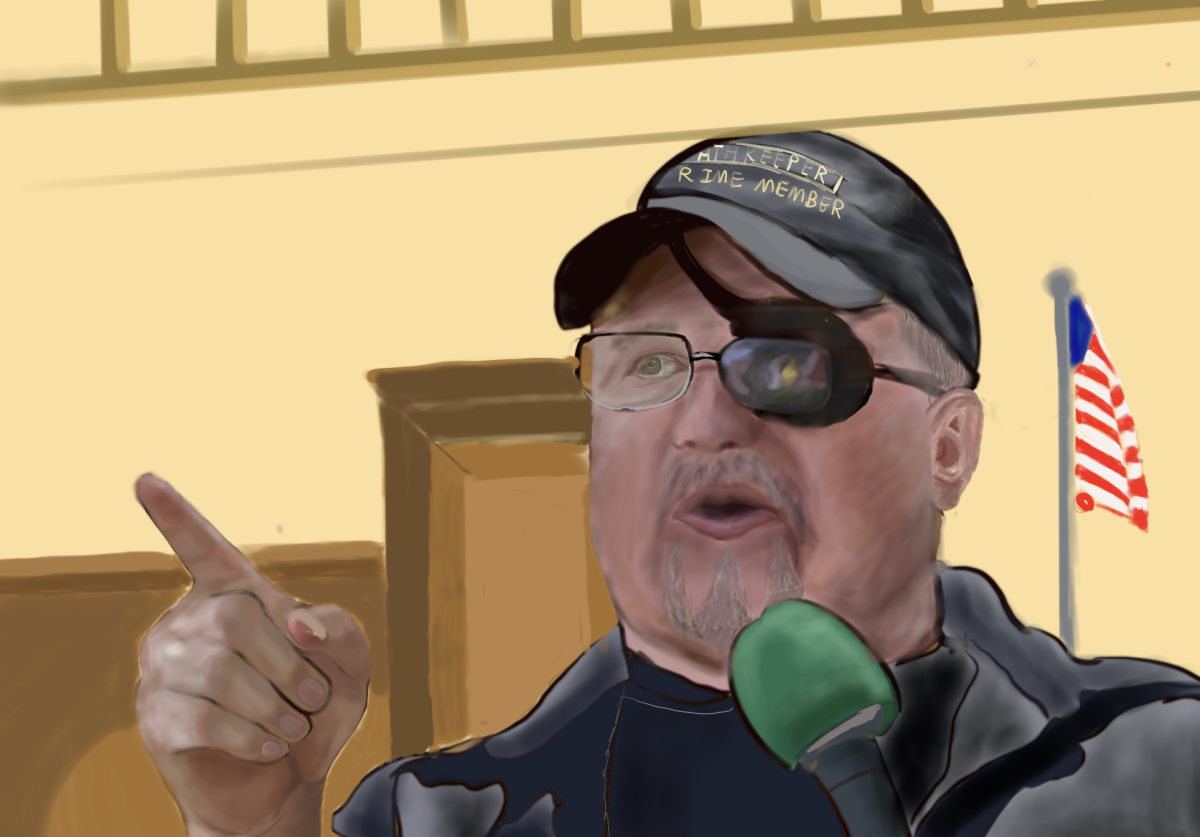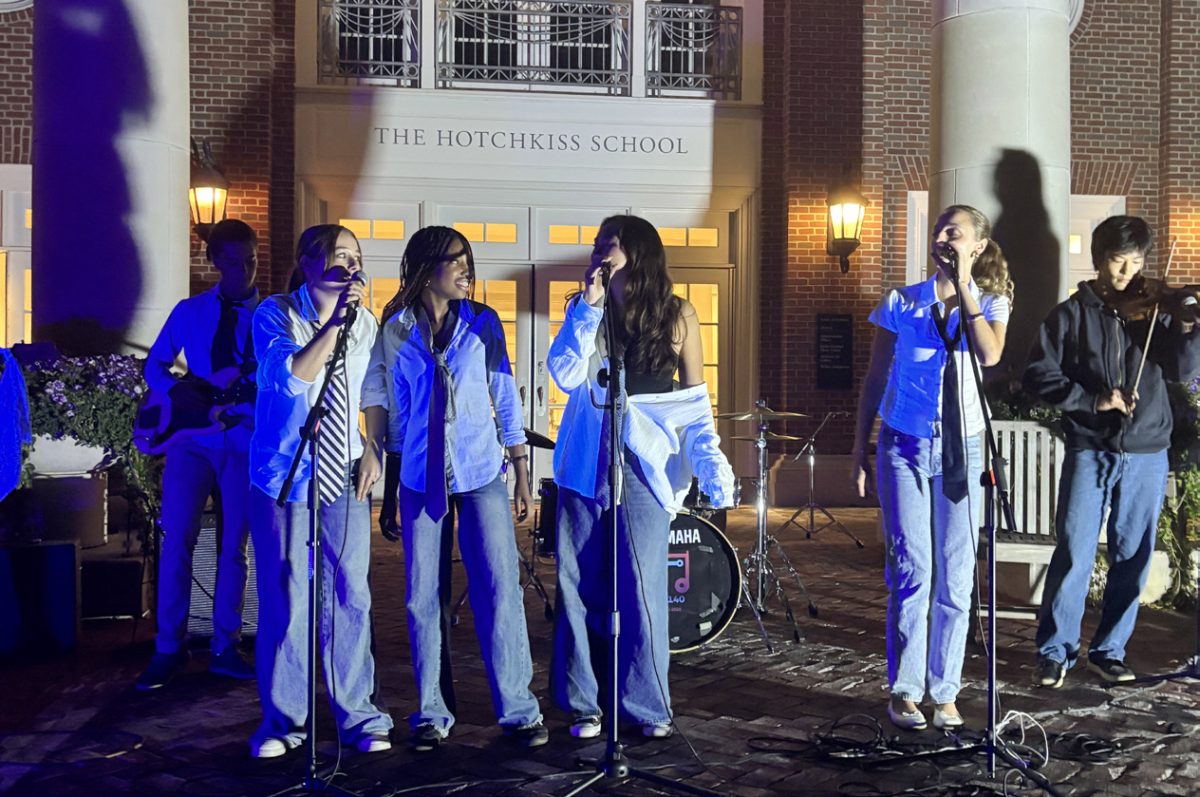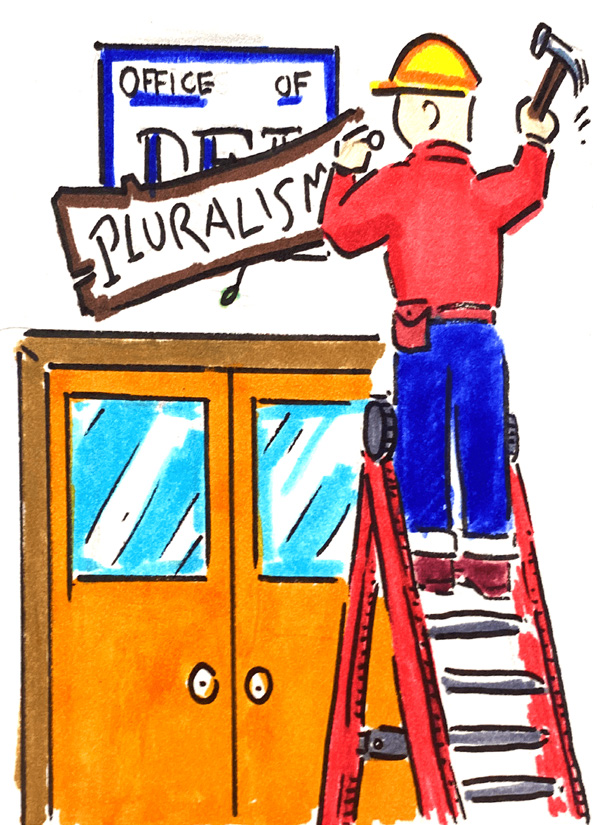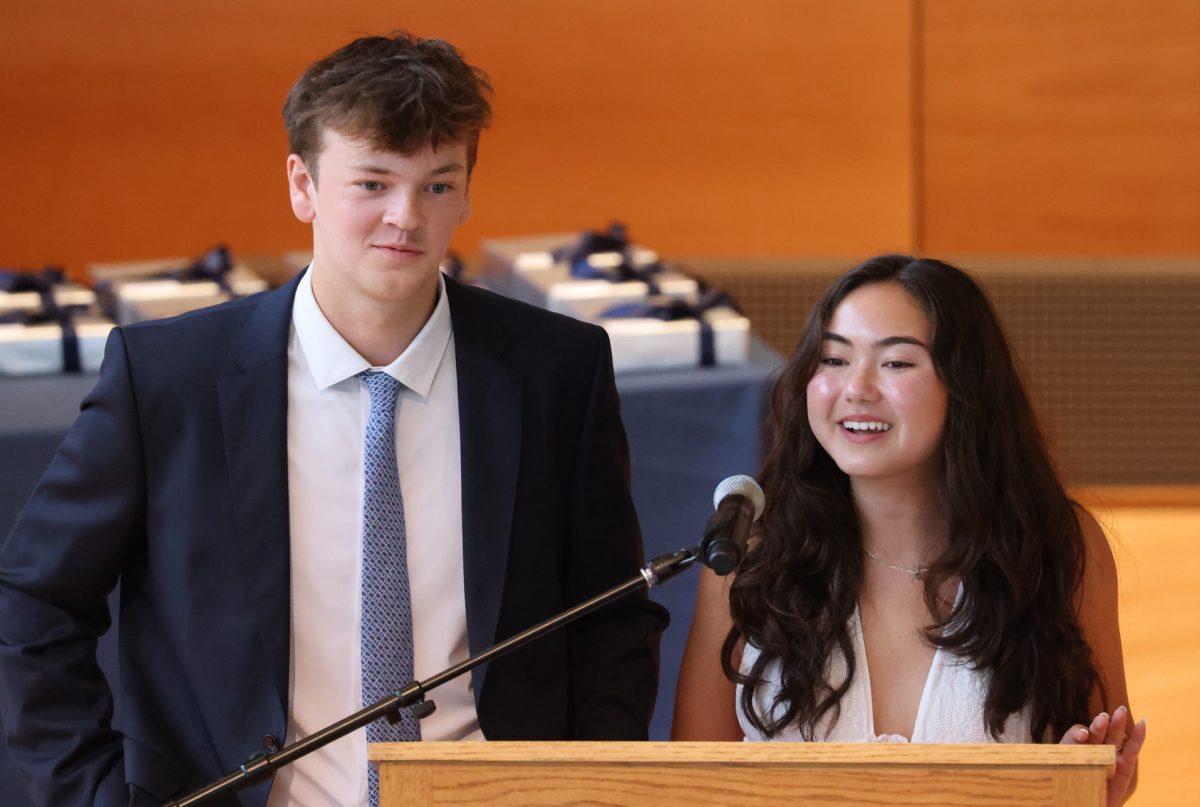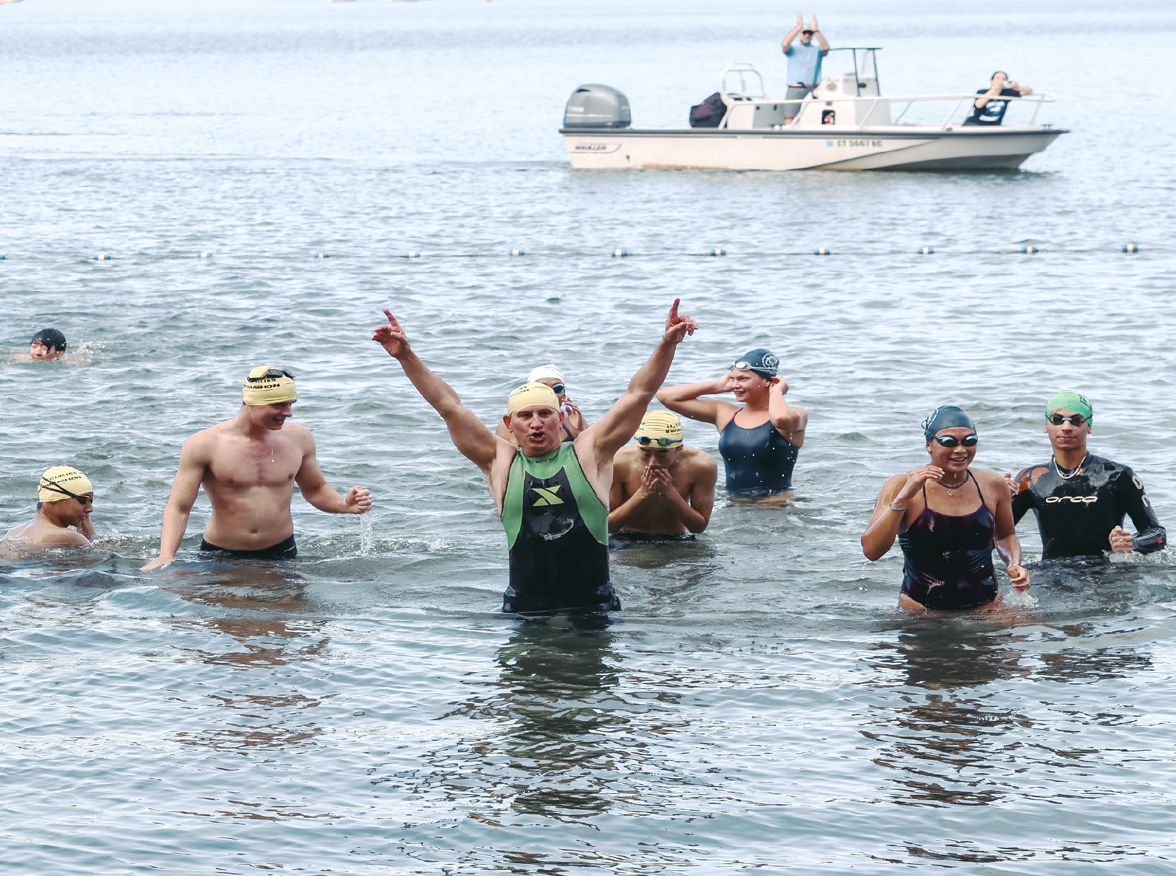The trial of eleven Oath Keepers for their alleged role in the January 6, 2021 Capitol riots continues with explosive testimony from former members of the far-right anti-government militia.
On January 6th, 2021, the United States Capitol was stormed by a mob that disrupted a joint session of Congress engaged in certifying the results of the 2020 presidential election. Former President Trump had encouraged opposition to the results of the election in tweets since mid-December, accusing Democrats of having “rigged” the election. In a speech early on January 6, he encouraged supporters to “march down to the Capitol.”
The Oath Keepers was founded by Stewart Rhodes in 2009. Rhodes and ten other members of the group have been charged with seditious conspiracy and other charges for conspiring and using force to prevent the transfer of presidential power.
Prosecutors are seeking to prove that the riots were not a spur-of-the-moment protest but rather part of a week-long plot to prevent Biden’s presidency. They allege that members of the Oath Keepers organized, trained, and equipped themselves months before storming the Capitol. As part of evidence, they cite a text message from Rhodes to other Oath Keepers on November 7, 2020: “The answer must be to refuse to accept, acknowledge, respect, or obey any of these imposters or their pretend legislation…and get your gear squared away and ready to fight.”
More than 800 people linked to the January 6 riots have faced charges including disorderly conduct, violent entry of a government building, and assault. The Oath Keepers face more serious charges. If convicted, they could face up to 20 years in prison. “My concern is that even if these people get prosecuted, it’s not going to address the issue of militia groups,” said Megan Curi ’24.
In his opening argument, Rhodes’ attorney Phillip Linder argued that the defendants did “nothing illegal.” The trial began two weeks ago, ten months after the riot took place; it is expected to last for approximately four to six weeks. “The fact that we are just now starting to speak about the Oath trial, is an issue in itself,” said Chris Mitchell ’24, board of Demz

